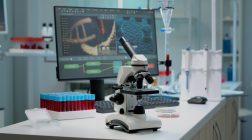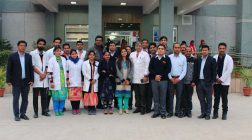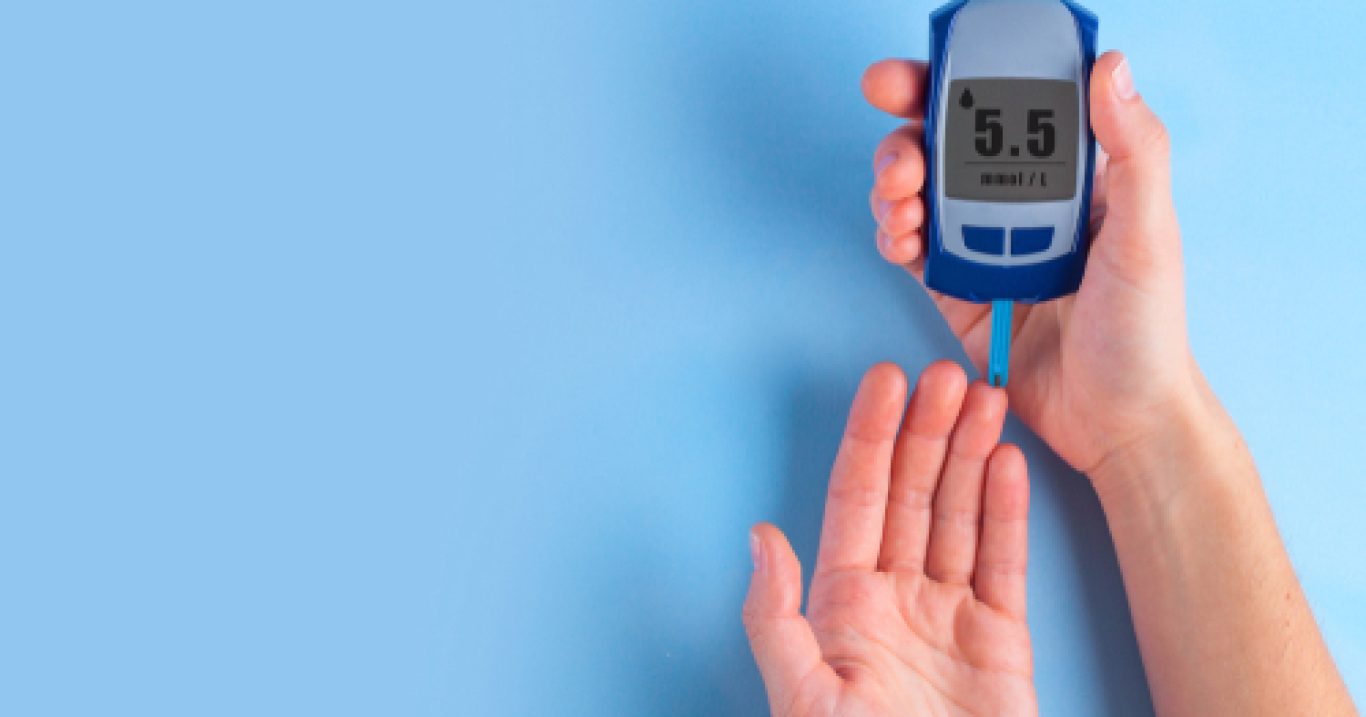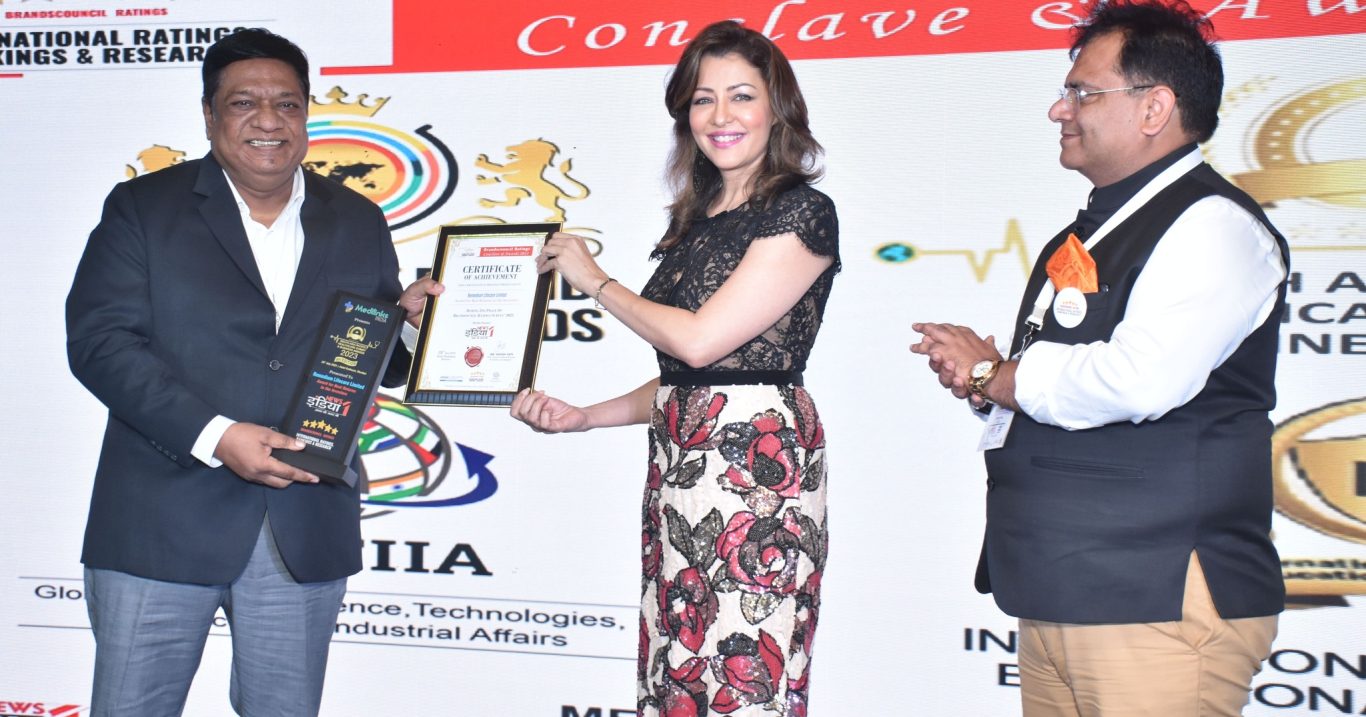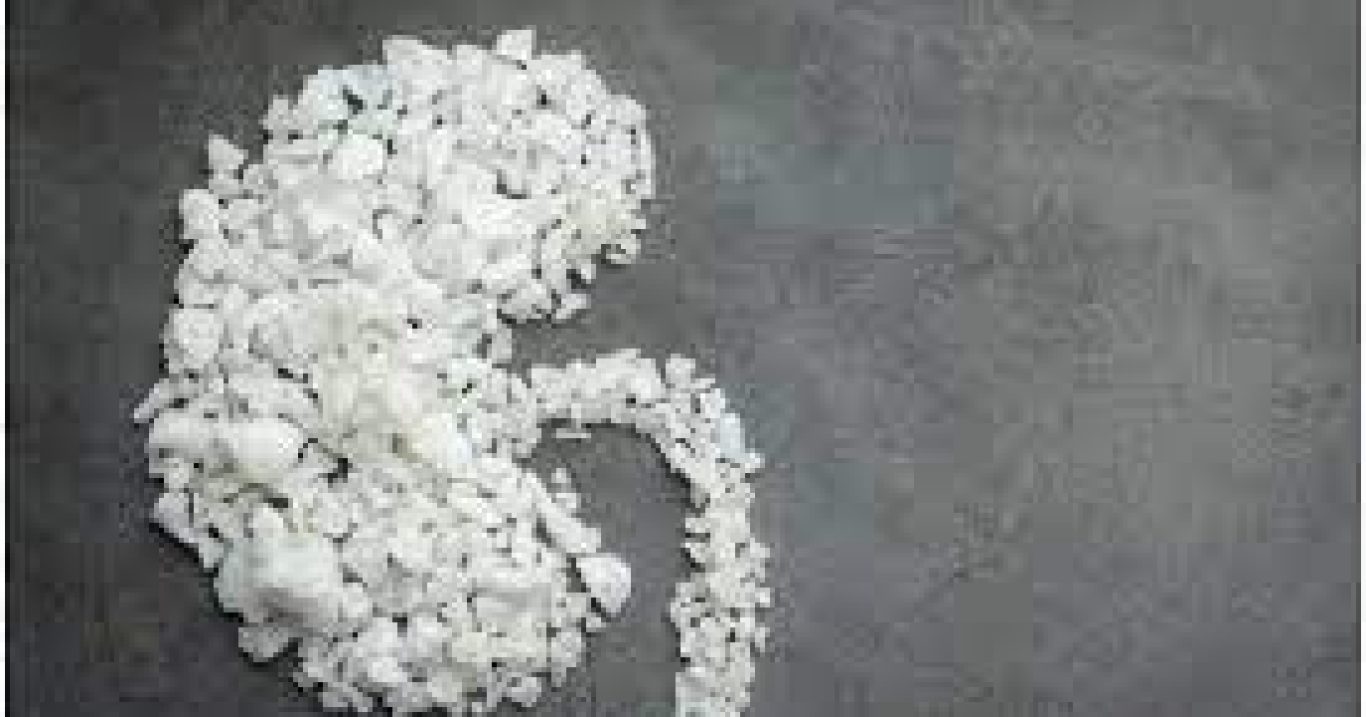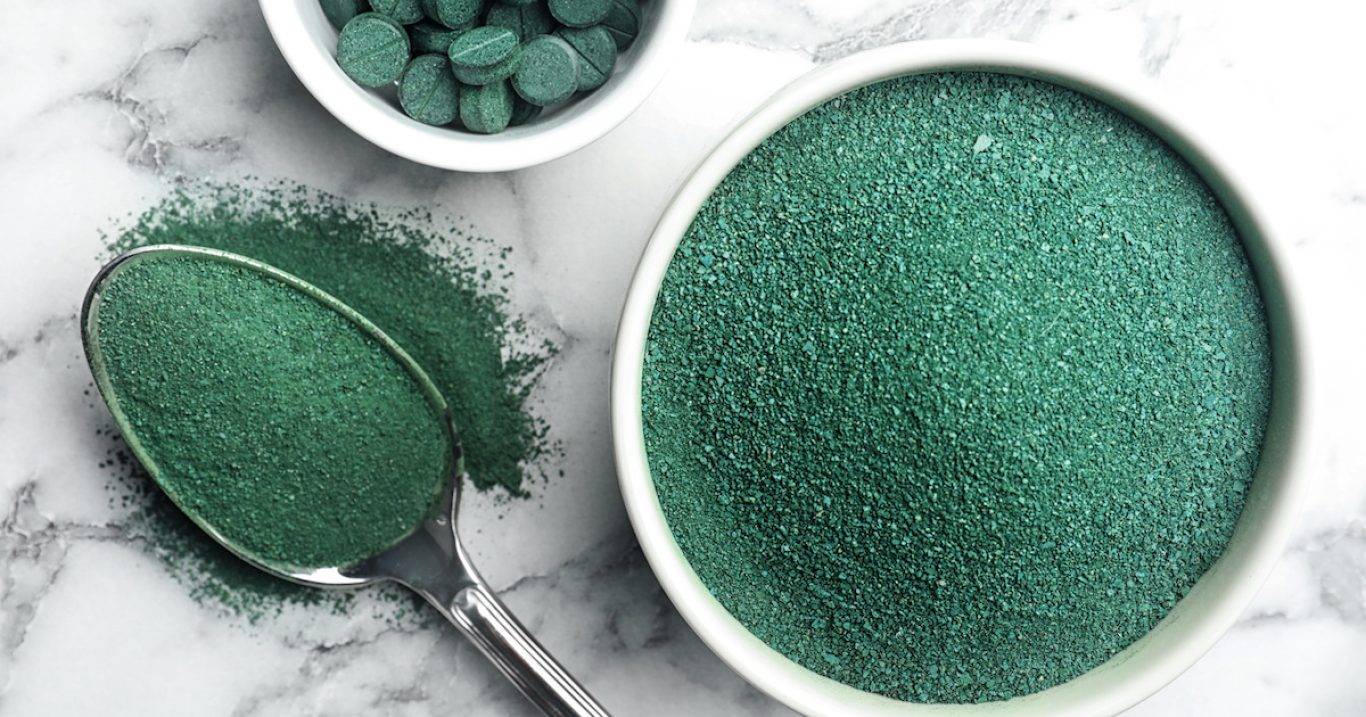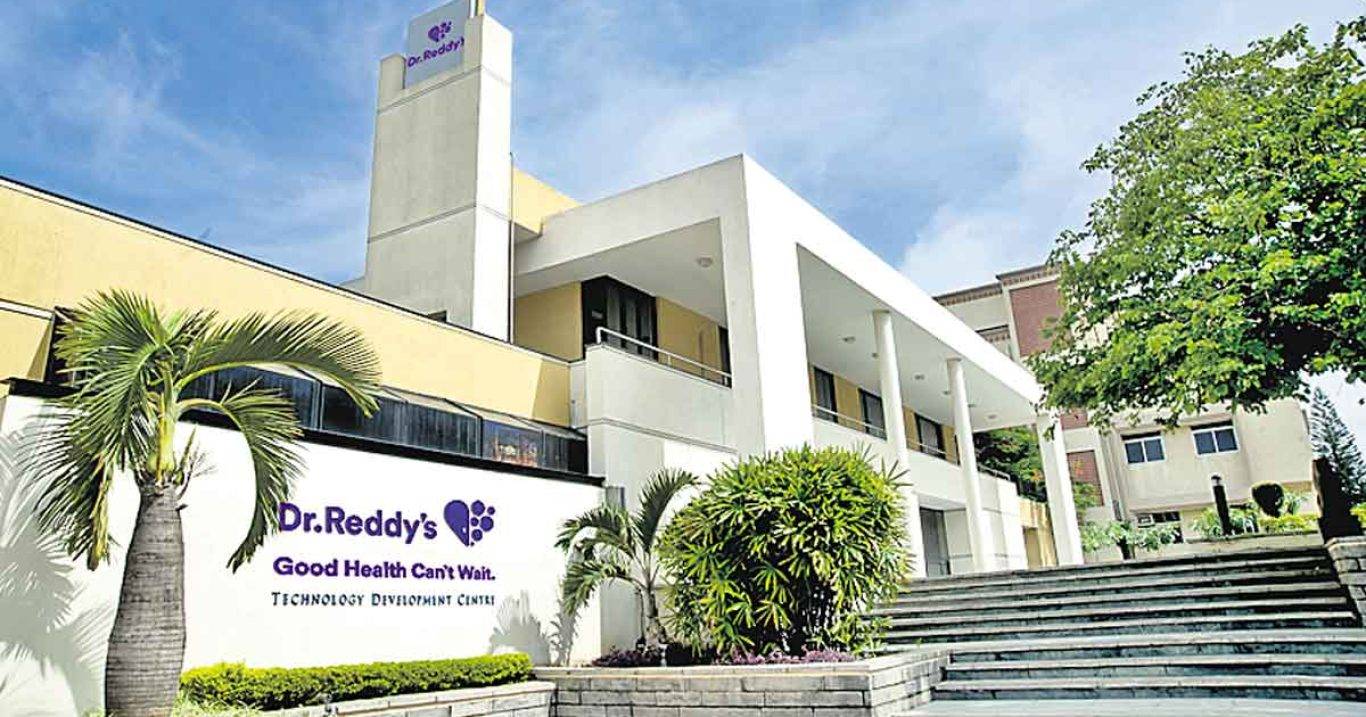Adult acne is a common problem which hits every one in five adults. While you may think of it as a small and superficial problem, people who suffer from it have scars
SKIN DEEP
Dr Madhuri Agarwal


Unfortunately, acne is not something you can outgrow and cases of adult acne are on the rise. That’s why, Samreen Samad & Dev Goswami observe Acne Awareness Month this June and tell you more about adult acne, its cause and hopefully, cures
Adult acne is a common problem which hits every one in five adults. While you may think of it as a small and superficial problem, people who suffer from it have scars
which go beneath the skin. Adult acne can indirectly cause depression, lower self-esteem and lead to despair. But, the good news is that while it might take time to find the right combination, adult acne can be treated.
Causes of adult acne
You may have heard that not drinking enough water or clogged pores can cause acne. This is true when it comes to adult acne as it can aggravate an existing problem. But there are several other related factors that can causes you to suffer from adult acne. And one of the most common causes is something you would have never guessed. Dr. Madhuri Agarwal, a consultant dermatologist at The Skin Clinic, tells us that obesity is the primary cause of adult acne. She says, “Excessive gain in weight can result in acne eruptions, particularly if you have irregular meals and unhealthy food.” Apart from that, another medical reason which could be causing your acne breakout is a weak immune system. Dr. Madhuri says that a weak immune system due to bad lifestyle makes it easy for bacteria to attack your skin leading to acne breakouts.
Hormones: Hormones are another common cause of adult acne. Since women’s hormones fluctuate more than men’s, it explains why adult acne tends to be more common in women than men. Acne also flares up for women during pregnancy, menstrual periods and menopause.
Medication: Certain drugs which contain lithium and steroids can cause acne in adults. While birth control pills help in curing acne, the ones with androgen in them can cause breakouts.
Genes: A study found that 50% of adults with acne have had a parent or sibling with an acne problem. People with a family history of acne are more susceptible to breakouts.
Cosmetics: Acne caused or aggravated by cosmetics is called acne cosmetica. Cosmetics that contain oil and excessive use of hair products tend to block pores which leads to breakouts. Watch out for makeup, sun block and hair gels.
Stress: While stress on its own doesn’t cause acne, it can aggravate hormones that do. The higher the stress level, the more prone you are to breaking out.
Occupation: Certain jobs that require you to be outdoors in the sun or the ones where you are exposed to industrial products, such as oils used in metal cutting, or if you spend a lot of time in polluted areas can cause acne as well.
Difference between adult Acne & teenage acne
Causes aside, you might be wondering what adult acne is in the first place and how it is different from teenage acne. Dr. Madhuri says, “Adult acne is very different from teenage acne. Teenage acne is generally small boils filled with pus. In most cases, it appears on the chin and cheeks.” Also, teenage acne begins with blemishes on the forehead and around the nose. As you begin to age, the acne moves down to your face. The chin, jaw and neck are the most commonly affected areas in adult acne cases. “Patients suffering from adult acne tend to have deep, cystic lesions along their lower face instead of open and closed comedones commonly seen in teens, who tend to get breakouts all over the face,” says Oscar Pereira, a skin expert and managing director of Cheryl’s Cosmeceuticals.
Adult acne is also different in the reasons behind its breakout. Teenage acne is mostly because of hormonal changes in your body due to puberty, making it easier to treat. On the other hand, adult acne is more chronic as stress and environment conditions aggravate it. Adult acne tends to hit after turning 25 and could continue till 40 or so. And even if you do end up finding a treatment, Dr. Parul says that adult acne is much more prone to leaving you with scars.
Fact & fiction
When it comes to conditions such as acne, there will often be a number of people and a number of sources advising you on a number of things! However, not everything you might hear or read about is true. Pereira gives one such example saying, “It is a myth that oily and fried food can cause acne. The fact is that no food can cause problem. The only way foods play a role is by aggravating an already existing problem.” We tell you some other myths which float around on the topic of acne:
Fiction: Acne is a cosmetic condition.
Fact: Acne is actually a medical condition that can be managed with proper treatment from trained professionals. But, even mild acne can have an emotional as well as physical impact on the sufferer.
Fiction: People get acne because they don’t wash their face.
Fact: Proper hygiene and cleansing is important but acne isn’t caused by dirt and grime. Acne begins below the skin’s surface when hair follicles become plugged with sebum (oily substance secreted by the sebaceous glands) and dead skin cells. Washing your face often and too vigorously can actually dry your skin and make your acne worse.
Fiction: I have to stop using makeup completely.
Fact: Some makeup clogs pores but if you use cosmetics which are oil-free and non-comedogenic, meaning specially formulated to not clog pores or aggravate skin, you will not have to give up applying makeup. This also applies for skin care products such as cleansers, toners and moisturisers.
Fiction: Popping pimples will make them heal faster.
You may want to get rid of your acne immediately and popping your pimple may seem tempting, but resist the urge to pop them. Squeezing, scratching or picking at pimples leads to swelling, inflammation and spreading bacteria. Also, popped pimples lead to acne scars.
Fiction: Acne is a fact of life — it should be left alone to run its course.
Fact: Around 80% of people get acne at some point in their lives, but that does not mean you should ignore it completely. Only a doctor can diagnose different types of acne and decide what treatment option is best for you. Ignoring you acne or self-treating may make it worse.
Fiction: Acne cannot be cured.
It is true that there is no “cure” for acne, but it can be managed and with right treatment acne eventually recedes. There is a wide range of acne medication available. Your doctor can evaluate your skin and help you determine the right treatment for you.
Treatment
Treating adult acne is not easy as it was in your teen years. Dr. Madhuri tells us, “Adult acne does not respond to conventional acne treatment. I would strongly advise that you do not try to treat the condition on your own. Instead, visit a dermatologist as it is your best option.” Apart from the fact that conventional treatments don’t work on adult acne, another reason you shouldn’t try anything on your own is that if something goes wrong and you end up popping your pimples, you might end up scaring your face. So, it is important that you find out the exact reason behind your breakout, according to which a treatment plan can be come up with. Dr. Madhuri adds, “A doctor can recommend oral medications and the rightdaily skin care routine to deal with adult acne. Lifestyle changes can also be beneficial to minimise the impact. Proper exercise regime and right eating pattern are both necessary.” You can also opt for clinical treatments such as chemical peels and laser treatments, but again, only after consulting a doctor.
Prevention
Prevention is better than cure and in conditions such as adult acne, where curing it is often a little tough, you might be better off taking measures to prevent it. We give you simple tips on how to prevent adult acne from affecting you:
- Check the products you use: If you’ve had a history of acne as a teen, you might be better off using oil-free products. Also, look for products that do not clog your pores — these are labelled as non-comedogenic.
- Adopt a hands-off policy: The warning ‘do not touch your pimples’ when you were a teen, applies right now too. No matter how tempting it is to pinch them, never do so. Also, frequent contact between your hands and face could transfer bacteria and result in a breakout.
- Don’t let sweat stick around: If you let sweat linger around on your face, it will mix with the surface skin oils and end up trapping foreign substances in your pores. So take care to either rinse off the sweat or wipe it away using a dry towel.
- Avoid overwashing and harsh scrubs: Constantly washing your face thinking that the dirt will lead to acne is not the right thing to do. Acne is not caused due to dust or dirt, so don’t worry. Avoid using soap more than twice a day and when you are drying your face, pat it dry instead of rubbing it dry.
- Lower your stress levels: Bet no one told you about this in your teenage years. Stress is a cause specific only to adult acne. So, ensure that your stress levels are low.
Know your Acne
The first step to treatment is recognising your acne. Acne appears in variety of ways and places such as face, back, chest, shoulders and neck. The most common types of acne include:
Blackheads Blackheads are also known as comedones. They are follicles that have a wider than normal opening and are filled with plugs of sebum and sloughed-off cells. These pores clog up and reach the surface of the skin and stay open.
Whiteheads Whiteheads are closed comedones, wherein follicles are filled with the same material but have a microscopic opening to the skin surface. These pores clog up beneath the skin and close.
Papules Papules are a solid elevation of skin with no visible fluid. They are inflamed, tender lesions that pop up as small, pink bumps. Papules may open when scratched and become infected and crusty.
Pustules Pustules are small, inflamed, pus-filled pimples. They are topped by white of yellow pus-filled blister-like lesions.
Case study
“I’ve been suffering from acne since I was a teenager. It got really bad towards the end of my teens and then subsided. However, the condition has been flaring up recently and stress and heat often aggravate it. I have visited doctors, but it hasn’t helped me much. I have a sensitive stomach which doesn’t take well to strong medications. Because of this I have not been able to be consistent with my oral medications which is needed to keep this condition in check. I do use topical creams such as the Kailash Jeevan which is brilliant because even though it is greasy, I have not had pimples after I started using it. I’m also using Clerina anti-acne cream and face wash, both of which are ayurvedic. I still do have a few pimples, almost always before my monthly cycle, but other than that my condition is much better.”



